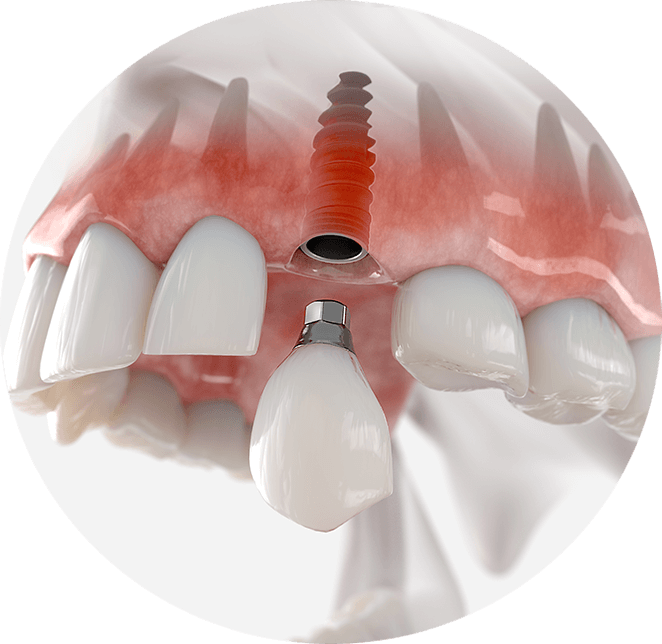

If you’re living with a toothache due to an untreated infection or you’ve suffered dental trauma, you may need a tooth extraction to preserve your smile. A damaged or abscessed tooth can lead to more serious issues, threatening your other teeth and your overall health. At the Teeth4You Implant Center, our first goal is to save your natural teeth, but sometimes an extraction is necessary. That’s why we provide gentle tooth extractions in Middletown, NY to save your smile from further harm. With sedation dentistry, a relaxing and friendly atmosphere, and affordable pricing, we’ll make your tooth extraction as simple as possible.
Our first goal is to save your natural teeth, but sometimes an extraction is necessary.
The first step in tooth extraction is to examine the problem tooth or teeth. At this step, we’ll determine whether an extraction is needed. Because we’re in-network with most leading dental insurance providers, we will be able to work with you to find the best solution for your health and your finances. If we schedule you for a tooth extraction in Middletown, NY, this means we were unable to salvage your tooth with conservative measures. For most patients, tooth extraction is a fast and efficient surgery that ultimately relieves their pain. Our patients report that although they experienced slight pressure during the procedure, they remained relaxed and comfortable at their appointment.


Your tooth extraction shouldn’t be the last stage of your treatment, however! For most of our patients, we recommend replacing the extracted tooth, and in general, dental implants are the “gold standard” option for tooth replacement. These permanent tooth replacements look and act just like your natural teeth, and the implant provides stimulation to your jaw, preventing jawbone loss. This tooth will look identical to your natural teeth and provide the same functional benefits, so it will be as if you had never had a tooth extracted at all!
I understand the information disclosed in this form may be subject to re-disclosure and may no longer be protected by HIPAA privacy regulations and the HITECH Act.
